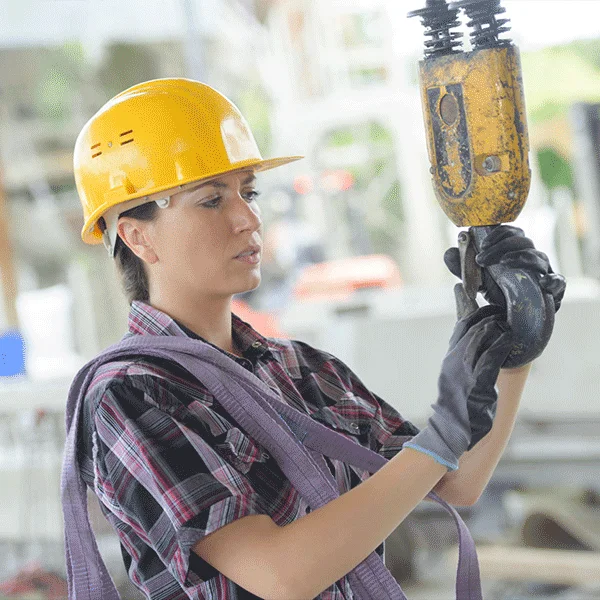FACTORY HELPERS
FACTORY HELPERS
A factory helper is an entry-level position in a manufacturing or production environment. The role involves assisting in various tasks to ensure the smooth operation of the factory. Below are the typical details of a factory helper’s job:
Job Responsibilities
- Material Handling:
- Load and unload raw materials, finished products, and supplies.
- Transport materials within the factory using hand trucks, forklifts, or other equipment.
- Organize and store materials in designated areas.
- Machine Assistance:
- Assist machine operators in setting up and operating machinery.
- Perform basic maintenance tasks, such as cleaning and lubricating machines.
- Monitor machines for any irregularities and report issues to supervisors.
- Assembly Line Support:
- Work on assembly lines to pack, sort, or assemble products.
- Ensure products meet quality standards by performing basic inspections.
- Cleaning and Maintenance:
- Clean work areas, machines, and equipment to maintain a safe and organized environment.
- Dispose of waste materials according to safety guidelines.
- Inventory Management:
- Assist in counting and tracking inventory.
- Report shortages or discrepancies in stock.
- Safety Compliance:
- Follow safety protocols and wear protective gear (e.g., gloves, helmets, safety glasses).
- Report any safety hazards or accidents to supervisors.
- General Support:
- Perform other tasks as assigned by supervisors or senior staff.
- Collaborate with team members to meet production goals.
Skills and Qualifications
- Physical Stamina: Ability to stand for long hours and perform repetitive tasks.
- Attention to Detail: Ensure accuracy in tasks like sorting, packing, and inspecting.
- Teamwork: Work well with others in a fast-paced environment.
- Basic Technical Skills: Familiarity with hand tools and machinery is a plus.
- Safety Awareness: Knowledge of workplace safety practices.
- Communication Skills: Ability to follow instructions and report issues clearly.
Work Environment
- Factory helpers typically work in manufacturing plants, warehouses, or production facilities.
- The environment may involve exposure to noise, dust, and machinery.
- Shifts may include nights, weekends, or overtime depending on production demands.
Education and Experience
- Education: No formal education is required, though a high school diploma or equivalent may be preferred.
- Experience: Prior experience in a factory or similar environment is beneficial but not mandatory, as on-the-job training is often provided.
Salary
- The salary for a factory helper varies by location, industry, and experience. In many countries, it is an hourly wage position, often ranging from minimum wage to slightly above.
Career Progression
- With experience, a factory helper can advance to roles such as machine operator, quality control inspector, or supervisor.
- Additional training or certifications (e.g., forklift operation) can improve career prospects.
This role is essential to the functioning of a factory, as it supports the overall production process and ensures efficiency and safety.







